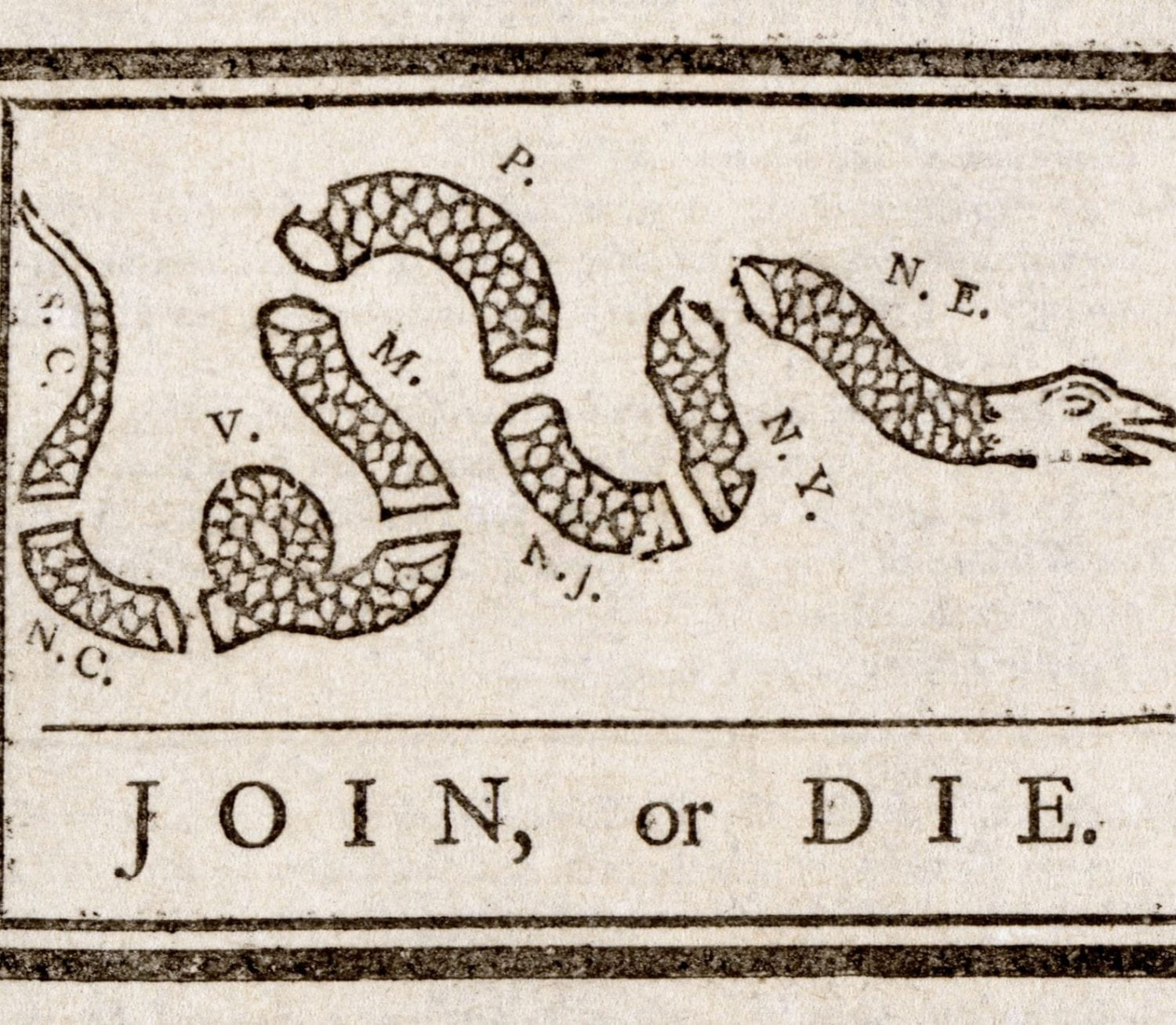
My visit to the Charleston Museum was significantly more entertaining and informative than I anticipated. It was in fact the first time I had been to a museum with whose focus (i.e., Charleston) I was familiar. I wasn’t raised in a very historic or monumental region… my town had little to no important or at least interesting history. And I for one was entirely disconnected from any sort of local culture.
After living in Charleston for the past three years, I was fascinated by the history of the peninsula. Learning how everything came to be, things like the Ashely and Cooper Rivers, Rutledge Street, the Market, East Bay- it was quite an engaging experience.
I found myself intrigued by the very first exhibit. It was sort of the pre-Charleston history. I don’t know why exactly, but I find native American history really cool. They are indeed a forgotten and underappreciated culture that we do not learn enough about. Natives were living here millennia before Europeans, and we learn significantly less about them than any other culture.
I also found myself very focused on the life of slaves, as the exhibits provided in-depth detail and artifacts from their lives. It may be difficult for a student to comprehend how America was, to some degree, built by slavery, but these exhibits made this process entirely clear. Of course, America would still have been America and may have been able to prosper without slavery, but slavery undoubtedly contributed to the rapid rate of growth of the United States. Would America be as powerful as it is without slavery?
Both the history of slavery and of colonial relations with native Americans makes any reasonable individual question the idea of freedom in America. To contemporary individuals, we see it as hypocritical. Many seventeenth- and eighteenth-century individuals, however, saw no problem with it. They viewed freedom as it pertained to white men.
On the other hand, while the history of freedom in America may seem hypocritical, its philosophy has thus far prevailed. The racist and sexist hypocrisies that once polluted its practice for the most part no longer prevail. And if I could go one step further, I would say we are heading in an even better direction.
What’s interesting, then, is that the idea of freedom, though selective in its origins, has overcome (and is still overcoming) its own shortcomings. So, while our founders may not have been entirely pure in their practice, they understood the ‘goodness’ of freedom. They understood for themselves why it was right, why it is better, and why they deserve it.
Ultimately, this ideology represents the epitome of western society. Of course, it is not practiced perfectly (and may never be), but it has certainly made a lot of people’s lives a lot better (as long as you consider freedom to be better).
The question is, how do we reckon with the sins of our history? Surely, we cannot hold ourselves accountable. But it is our responsibility to understand everything in its context. We must connect ourselves with our pasts so as to not repeat its mistakes and move forward in a better direction.

